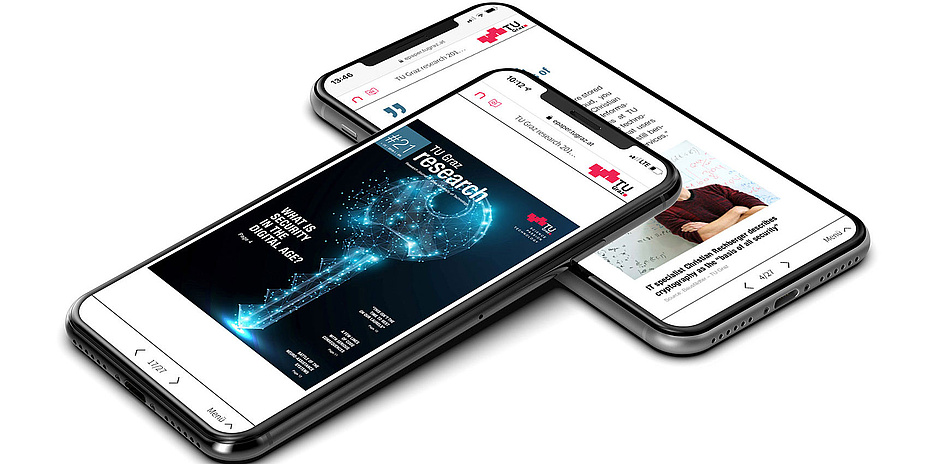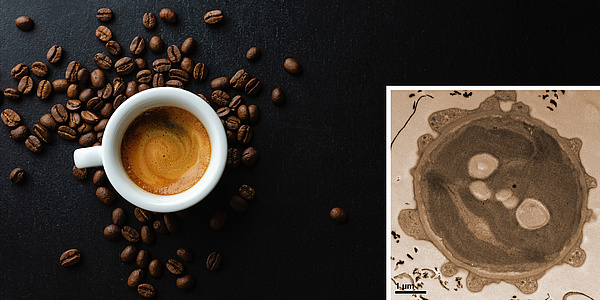Summer heat and mobile phone batteries: Tips and info

What temperatures can my mobile phone battery tolerate?
Your mobile doesn't like it too hot or too cold. Its favourite temperature is 15-25 °C. High temperatures lead to a strong chemical load on the materials in a Li-ion battery. Decomposition reactions may occur which are largely irreversible. The situation becomes critical at temperatures above approx. 50 °C. If a mobile phone is lying in the blazing sun, it can easily enter this temperature range. This also applies to the picnic blanket at the swimming lake and to the car parked in the sun.
What happens in case of a "battery fire"? Is it dangerous?
There are several reasons for this. In many cases, micro short-circuits are responsible for the mobile phone spontaneously discharging itself. This converts electrical energy into heat energy, which further damages it. An unstoppable cycle is created. During a fire, mobile phone materials often react to form substances that can be dangerous, such as carbon monoxide, hydrogen fluoride or other fluorine-containing gases. The quantities released by a mobile phone are of course less than those released by a fire in vehicle batteries. Nevertheless, extreme caution is always required when a mobile phone is on fire, especially indoors. These gases should never be inhaled. And as soon as a battery expands when it’s hot, whether a battery of a power bank, mobile, tablet, e-reader or notebook, there is an acute danger of explosion.
How do I keep my mobile cool in summer?
The mobile phone should be protected from the sun's heat, and its favourite temperature is 15 to 25 °C. It should therefore not be left in the sun for a long time and should not be carried directly on the body, i.e. in a warm trouser pocket. It's better to pack it in your handbag or rucksack and put it in the shade, for example, at the open-air pool. You can also wrap it in a towel or just put it in your backpack. Many mobile devices switch themselves off automatically anyway in the case of overheating. If they do not, they should be switched off manually. In any case, it takes a while before they’ve cooled down to normal temperatures and can be put back into operation. Here you can help with a cool air stream. But please don’t put it in the refrigerator!
What do I have to consider when recharging in summer?
It is best to never charge the phone in extremely hot or extremely cold conditions. In cold conditions, the electrochemical processes in the battery run much slower and metallic lithium can be deposited, which in turn can cause short circuits later. I always recommend using the chargers which the manufacturer recommends and avoid making your own constructions or cheap copies.
Should I always charge my phone fully?
My tip: charge levels of 20 to 80 percent are optimal for the battery to ensure a long service life. However, most batteries already use intelligent charging strategies. So, a charge level display of 100 percent does not necessarily mean that the battery has actually been charged to 100 percent. Accordingly, you don’t have to worry if the mobile phone is plugged into the charger over night occasionally.

Martin Wilkening heads the Institute of Chemistry and Technology of Materials (ICTM) and the Christian Doppler Laboratory for Lithium Batteries at Graz University of Technology. Further information on various aspects of battery research at TU Graz can be found here in Planet Research.
Kontakt
Martin WILKENING
Univ.-Prof. Dr.rer.nat.
TU Graz | Institute of Chemistry and Technology of Materials
Phone: +43 316 873 32330
martin.wilkening@tugraz.at




